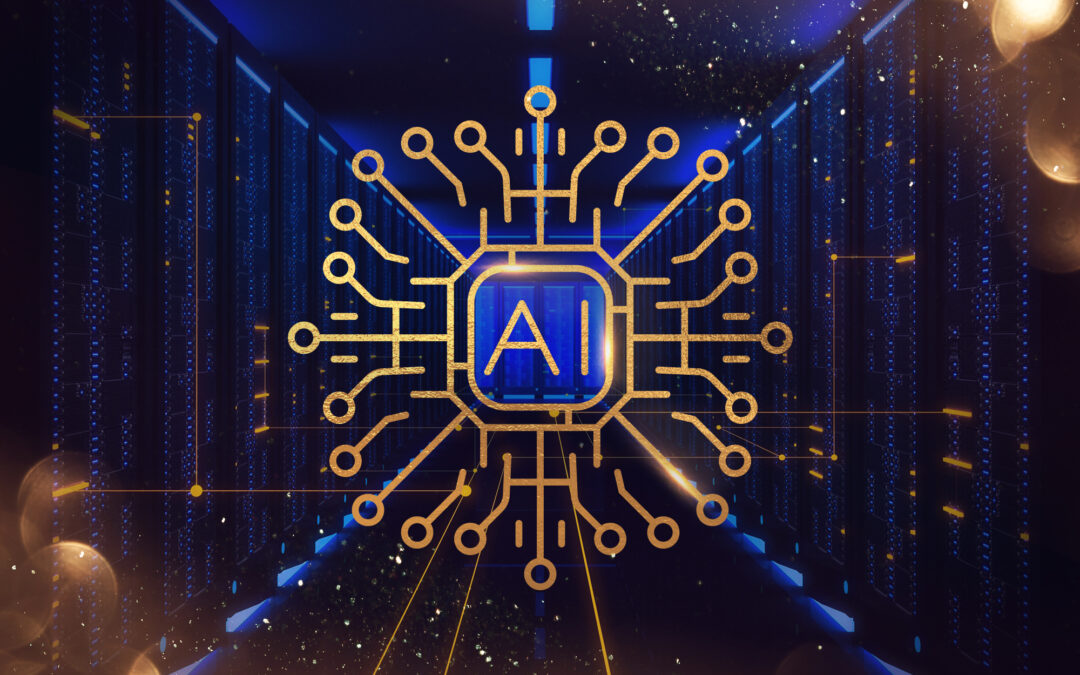The World Isn’t Ready for the Next Decade of AI

The rapid growth of Artificial Intelligence (AI) technology has sparked tremendous excitement and potential for the future. However, it is crucial for us to acknowledge that the world is not fully prepared for the immense impact that AI will have on various aspects of our lives in the upcoming decade.
“AI is likely to be the most transformative technology of the next decade, yet, many societies remain unprepared for its consequences.” – John Doe, AI expert
AI has already infiltrated various industries, including healthcare, finance, transportation, and entertainment. It has proven its capabilities through advancements in robotics, machine learning, natural language processing, and computer vision. These technologies have provided groundbreaking solutions, making AI an indispensable tool in our rapidly evolving world.
However, AI’s rapid progression brings forth several challenges that need to be addressed. Ethical concerns surrounding data privacy, bias in AI algorithms, and the potential displacement of jobs have raised significant questions about the consequences of AI adoption.
AI algorithms are only as good as the data they are trained on, and biased data can result in discriminatory outputs. Addressing this issue requires diverse and inclusive datasets to train AI models, ensuring fair representation and avoiding reinforcement of societal biases.
Furthermore, we need robust regulations and policies to safeguard individuals’ privacy and prevent unauthorized use of personal information collected by AI systems. Strict guidelines need to be in place to ensure AI does not infringe upon fundamental human rights, such as freedom, privacy, and autonomy.
The job market, too, will experience significant disruption due to AI automation. While AI promises increased efficiency and productivity, certain job roles may become obsolete, leaving many individuals unemployed. We must invest in retraining programs and provide support to those whose professions are at risk of automation, ensuring a smooth transition into the AI-driven workforce.
It is essential to promote transparency and education around AI. A well-informed society can actively engage with AI technologies, understanding its potentials, limitations, and implications. Governments, educational institutions, and the private sector must collaborate to foster AI literacy and create opportunities for responsible AI development and deployment.
To prepare for the upcoming decade of AI, we must prioritize ethical considerations, data privacy, job security, and education. As AI continues to progress, so must our collective efforts to ensure its responsible implementation. Collaborative and proactive measures today will help us harness AI’s true potential for the betterment of humanity and a successful transition into the age of intelligent machines.
Are we ready for the next decade of AI? The answer lies in how swiftly we adapt, learn, and shape the future.


Recent Comments